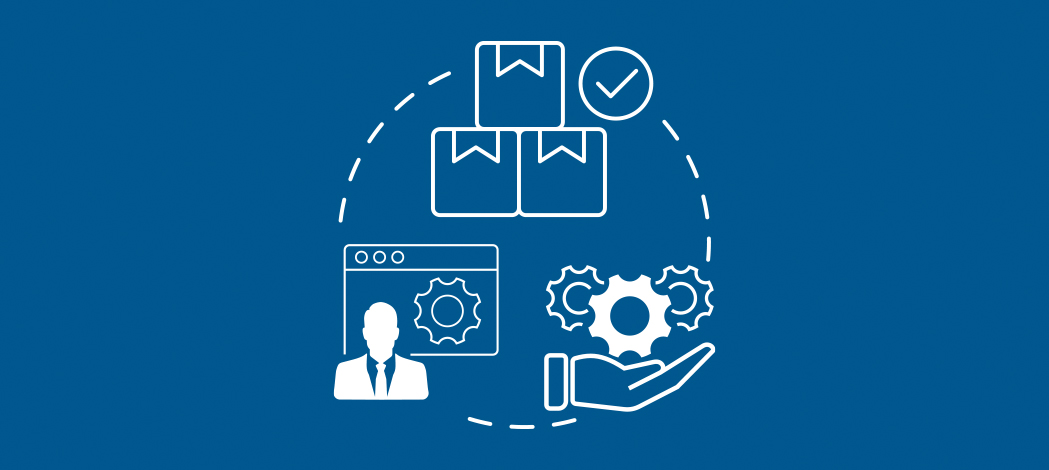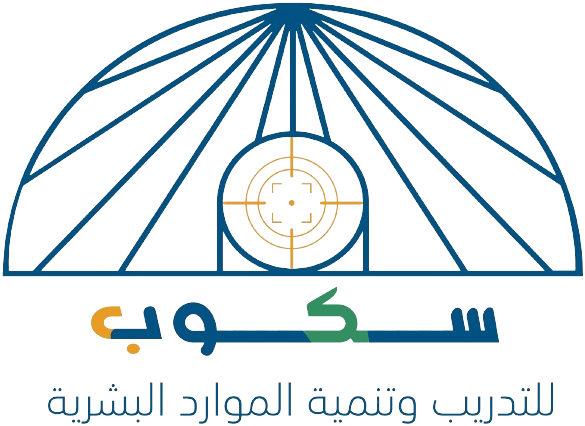
Quality Management Program
About this course
A quality management system has become an essential part of the policy of any company aspiring to achieve a distinguished position in the market. Through this system, the company delivers its services or products at the highest level of quality, leading to increased customer satisfaction, a good reputation, and ultimately achieving the desired status.
This program aims to teach how to achieve quality objectives by identifying quality requirements and ensuring their application at all stages of the operational process, including planning, design, production, delivery, and customer service.
Quiz & Certificates
About this course
The Quality Management program aims to:
1- Enhance awareness of the importance of continuous development through scientific diagnosis of the institution's problems and risks.
2- Acquire quantitative and qualitative analysis skills in designing quality management programs.
3- Use specialized techniques in quality management to support and develop the institution.
4- Recognize problems and challenges facing quality management in the institution and find solutions.
5- Develop students' skills in using technology to improve product quality and production processes.
6- Equip students with skills to ensure manufacturing quality, service quality, and evaluation of quality management processes.
7- Develop students' capabilities in using management and leadership skills to improve quality management policies in the institution.
8- Provide students with knowledge of ethical options and decisions made by the quality management department manager.
9- Identify standards and requirements to ensure the quality of products or services.
10- Implement procedures and processes to ensure compliance with quality requirements and meet expectations.
11- Monitor operations and production to ensure standards and quality requirements are met.
12- Analyze data and information to identify gaps and potential improvements in processes and products.
13- Focus efforts on meeting customer needs and expectations and improving their satisfaction with products or services provided.
14- Ensure products or services meet specified quality standards and customer expectations.
15- Improve operational processes and reduce waste and errors by applying quality management techniques and tools.
16- Enhancing operational efficiency can lead to reduced operating costs and saving financial resources.
17- Continuously meeting customer needs and expectations leads to increased satisfaction and loyalty to the brand.
About this course
The Quality Management program covers a range of essential modules encompassing all aspects of quality management. Here are the key modules covered in the program:
1- Introduction to Quality Management
- Definition of quality and its importance
- History and evolution of quality management
- Basic concepts and principles of quality
- Objectives and benefits of implementing quality in organizations
2- Quality Management Systems
- Concept of quality management system
- ISO 9001 international standard
- Applications and benefits of obtaining ISO 9001 certification
- Role of management in achieving quality
3- Quality Planning
- Quality planning in projects
- Identifying quality requirements
- Tools and methods for quality planning
- Managing quality-related risks
4- Quality Control
- Concepts and methods of quality control
- Statistical tools for quality control
- Process analysis and continuous improvement
- Role of teams in quality control
5- Quality Assurance
- Methods and tools for quality assurance
- Standards and procedures for inspection and testing
- Data analysis and interpretation
- Quality assurance reports and their use
6- Quality Improvement
- Continuous improvement methodologies
- Using statistical tools for quality improvement
- Change management strategies for quality improvement
- Case studies of successful quality improvement
7- Total Quality Management (TQM)
- Definition and importance of total quality management
- Principles of total quality management
- Implementing total quality management in organizations
- Measuring and evaluating performance in total quality management
8- Service Quality and Customer Satisfaction
- Definition and importance of service quality
- Improving service quality to increase customer satisfaction
- Tools and methods for measuring customer satisfaction
- Managing customer complaints and improving service
9- Technology and Quality
- Role of technology in improving quality
- Information systems and quality management
- Digital transformation and its impact on quality management
- Applications of modern technology in quality
Covering these modules ensures that program participants are equipped to handle various aspects of quality management effectively and efficiently, in line with the changing demands of the job market.
About this course
Upon completing the Quality Management program, you will be able to:
- Achieve products or services that meet specified quality requirements and exceed customer expectations, leading to increased satisfaction and stronger long-term relationships.
- Improve operational processes, leading to increased efficiency, better overall performance of the organization, reduced operating costs, and increased profitability.
- Understand issues related to quality management and its impact on the overall performance of the organization or company.
- Evaluate the role of the quality manager in the organization and their responsibilities towards customers and the organization itself.
- Apply quantitative and qualitative methods in analyzing product quality and production processes in the organization.
- Employ management concepts and knowledge to find solutions for improving product quality and addressing challenges facing quality management in the organization.
- Evaluate opportunities and alternatives available to improve quality and propose policies to reduce costs, increase customer satisfaction, and increase profits.
- Use leadership skills to enhance production quality and the role of employees in the organization in the quality improvement process.






